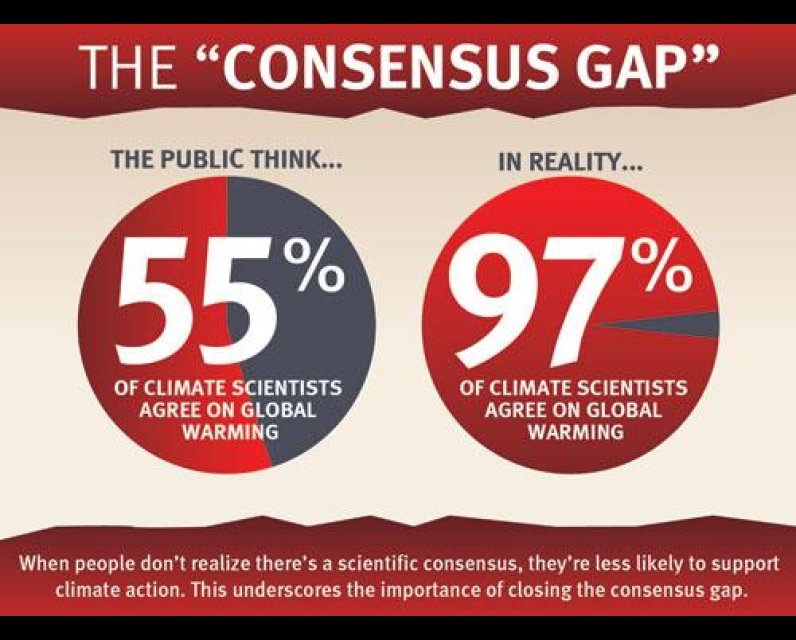Warning message
- Last import of users from Drupal Production environment ran more than 7 days ago. Import users by accessing /admin/config/live-importer/drupal-run
- Last import of nodes from Drupal Production environment ran more than 7 days ago. Import nodes by accessing /admin/config/live-importer/drupal-run
Unpublished Opinions
Roland (Rolly) Montpellier is the co-founder and Editor of Below2°C. He’s a climate activist, a climate communicator and a blogger. He’s a member of Climate Reality Canada, 350.Org (Ottawa), Citizens’ Climate Lobby (Canada) and climate ambassador for We Don't Have Time. You can follow him on Facebook, Twitter, Instagram, Linkedin.
Dragons of Inaction

There are a number of psychological barriers preventing people from acting to prevent climate change. This post explores why we are taking so long to act on climate.
The human brain is arguably the most complicated machine on Earth. It’s capable of amazing feats of creativity, emotion and insight. Nevertheless, our brain hasn’t evolved much in tens of thousands of years. We’re much the same as our early ancestors struggling to survive in Africa 50,000 or more years ago. Our chief concerns then were immediate dangers that affected our own, small group. However, climate change is unlike any threat humanity has ever encountered. It involves gradual changes across the whole planet over decades rather than immediate danger from predators.
People often think of climate change as affecting other people in far away parts of the world, or not affecting people at all. Thinking about what might happen to some other group in a distant part of the world, decades into the future, just doesn’t come naturally to us. Of course, the reality is climate change is affecting all parts of the world right now. So why are we taking so long to act on climate?
Six Dragons of Inaction
1. The Grass is Greener on Our Side
When events seem far away, people tend to discount them. One study of 18 countries found that people thought that environmental conditions were worse in other countries. Of course, people in those other countries also thought the same things about different countries. When it comes to climate risks, the grass is greener on our side.
2. Overly Optimistic About Climate Change
People tend to be overly optimistic about climate change. One study found that people systematically underestimate the risk they face from environmental hazards. “Nah, climate change won’t happen to me!” is the prevailing attitude.
3. Can't Make a Difference
Pessimism about our own ability to make a difference to climate change leads to inaction. Avoiding the worst impacts of global warming requires big changes to how our society produces energy. In the face of such a global, complicated problem, many people believe they personally can’t make a difference. This feeling of helplessness prevents people from making changes to their behaviour that will help avoid climate change.
4. Influence of People Around Us
The behaviour of people around you is an extremely powerful motivating force, more powerful than most people realise. If you look around and see that your friends and family aren’t doing their part, then you’re more likely to not bother either. “Why should I change if they won’t?”
5. I've Done my Part
Another dragon of inaction is when people do act for the environment – for instance, change their light bulbs or recycle – but then they think “well, I’ve done my bit.” Unfortunately, these token actions are often relatively easy but don’t have much impact compared to more difficult, long-term behaviour changes.
6. Consensus Gap
The sixth dragon of inaction is particularly significant and damaging. In fact, it’s two dragons combined - political ideology and information deficit. In recent years, a number of studies have identified that perception of scientific agreement is a key gateway belief.
When people realise there’s strong agreement among climate scientists that humans are causing global warming, this influences a range of other climate beliefs, including acceptance of climate change and support for climate action. But if you ask the public to estimate how many climate scientists agree about human-caused global warming, they say around 50 to 60%. The public still thinks there’s a 50:50 debate among climate scientists.
In contrast, 97% of climate scientists agree that humans are causing global warming. So there’s a gaping chasm between public perception and the 97% reality. This is the “consensus gap”. Because perceived consensus has such a big influence on other climate attitudes, the consensus gap is an important dragon of inaction.
This graph shows the results of a survey of a representative sample of Americans. Participants were asked to estimate how many climate scientists agree that humans are causing global warming. They were also asked about their support for free, unregulated markets, which is a measure of political ideology.
The perception of consensus decreases as you move to the right, which equates to more conservative people with higher support for free markets. In other words, political ideology plays a big part in increasing the consensus gap. This result has been found in many studies, which find that political beliefs are one of the biggest influences on our attitudes to climate change.
For example, a 2013 survey found that only 24% of Republican voters in the United States believe that global warming is being caused by humans. Compare this to 66% of Democratic voters. Political ideology has a big influence on what Americans think about climate science. So there appears to be no political motivation for a liberal to think that there’s a low consensus among climate change scientists.
In the case of non-conservatives, other factors cause the consensus gap - deficit of information, misconceptions or confusion arising from misinformation.
One would think that facts should be considered facts. Unfortunately, people use motivated reasoning when choosing which facts they will accept, and which they will deny.
Rolly Montpellier is the Founder and Managing Editor of BoomerWarrior.Org. He’s a Climate Reality leader, a blogger and a Climate Activist. Rolly has been published widely – Toronto Star, The Hill Times, Kingston Whig, the PEN, UnpublishedOttawa, Climate Change Guide, World Daily, Examiner, The Canadian, 350Ottawa, ClimateMama, MyEarth360, GreenDivas, The Elephant, Countercurrents, County Weekly News.
He’s a member of Climate Reality Canada, Citizens’ Climate Lobby (Ottawa) and 350.Org (Ottawa). You can follow him on Facebook, Twitter and Linkedin.



Comments
Be the first to comment